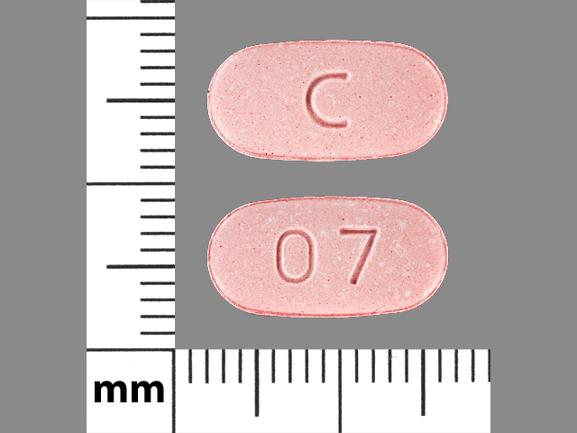Fluconazole Disease Interactions
There are 4 disease interactions with fluconazole.
Fluconazole (applies to fluconazole) hepatotoxicity
Major Potential Hazard, Low plausibility. Applicable conditions: Liver Disease
The use of fluconazole has been rarely associated with hepatotoxicity. Reversible idiosyncratic hepatitis, cholestasis and fatal fulminant hepatic failure have been reported, the latter occurring primarily in patients with serious underlying medical conditions and taking multiple concomitant medications. Liver function tests should be performed periodically in patients with preexisting hepatic abnormalities, particularly during prolonged therapy. Treatment should be withdrawn if persistent elevations or worsening of liver enzyme levels occur.
Azole antifungals (applies to fluconazole) QT prolongation
Moderate Potential Hazard, Moderate plausibility. Applicable conditions: Arrhythmias
Some azole antifungals have been associated with prolongation of the QT interval on the ECG. Rare cases of QT prolongation and torsade de pointes have been reported during postmarketing experience; such reports usually involved seriously ill patients with multiple confounding risk factors, such as structural heart disease, electrolyte abnormalities, and concomitant medications. These drugs should be administered with caution to patients with potentially proarrhythmic conditions, such as congenital/acquired QT prolongation, cardiomyopathy (especially when heart failure is present), sinus bradycardia, and existing symptomatic arrhythmias. Concomitant use with other medications that have potential to increase the risk of cardiotoxicity should be avoided.
Fluconazole (applies to fluconazole) hemodialysis
Moderate Potential Hazard, High plausibility.
Fluconazole is substantially removed by hemodialysis. Plasma levels of fluconazole has been shown to reduce by 50% following 3 hours of dialysis. Fluconazole should be administered after hemodialysis.
Fluconazole (applies to fluconazole) renal dysfunction
Moderate Potential Hazard, High plausibility.
Fluconazole is primarily eliminated by the kidney. Patients with renal impairment may be at greater risk for adverse effects from fluconazole due to decreased drug clearance. Dosage adjustments are recommended for patients with moderate to severe renal impairment (CrCl <= 50 mL/min) receiving multiple doses of the drug.
Switch to professional interaction data
Fluconazole drug interactions
There are 588 drug interactions with fluconazole.
More about fluconazole
- fluconazole consumer information
- Check interactions
- Compare alternatives
- Pricing & coupons
- Reviews (533)
- Drug images
- Side effects
- Dosage information
- Patient tips
- During pregnancy
- Support group
- Drug class: azole antifungals
- Breastfeeding
- En español
Related treatment guides
Drug Interaction Classification
| Highly clinically significant. Avoid combinations; the risk of the interaction outweighs the benefit. | |
| Moderately clinically significant. Usually avoid combinations; use it only under special circumstances. | |
| Minimally clinically significant. Minimize risk; assess risk and consider an alternative drug, take steps to circumvent the interaction risk and/or institute a monitoring plan. | |
| No interaction information available. |
See also:
Further information
Always consult your healthcare provider to ensure the information displayed on this page applies to your personal circumstances.


